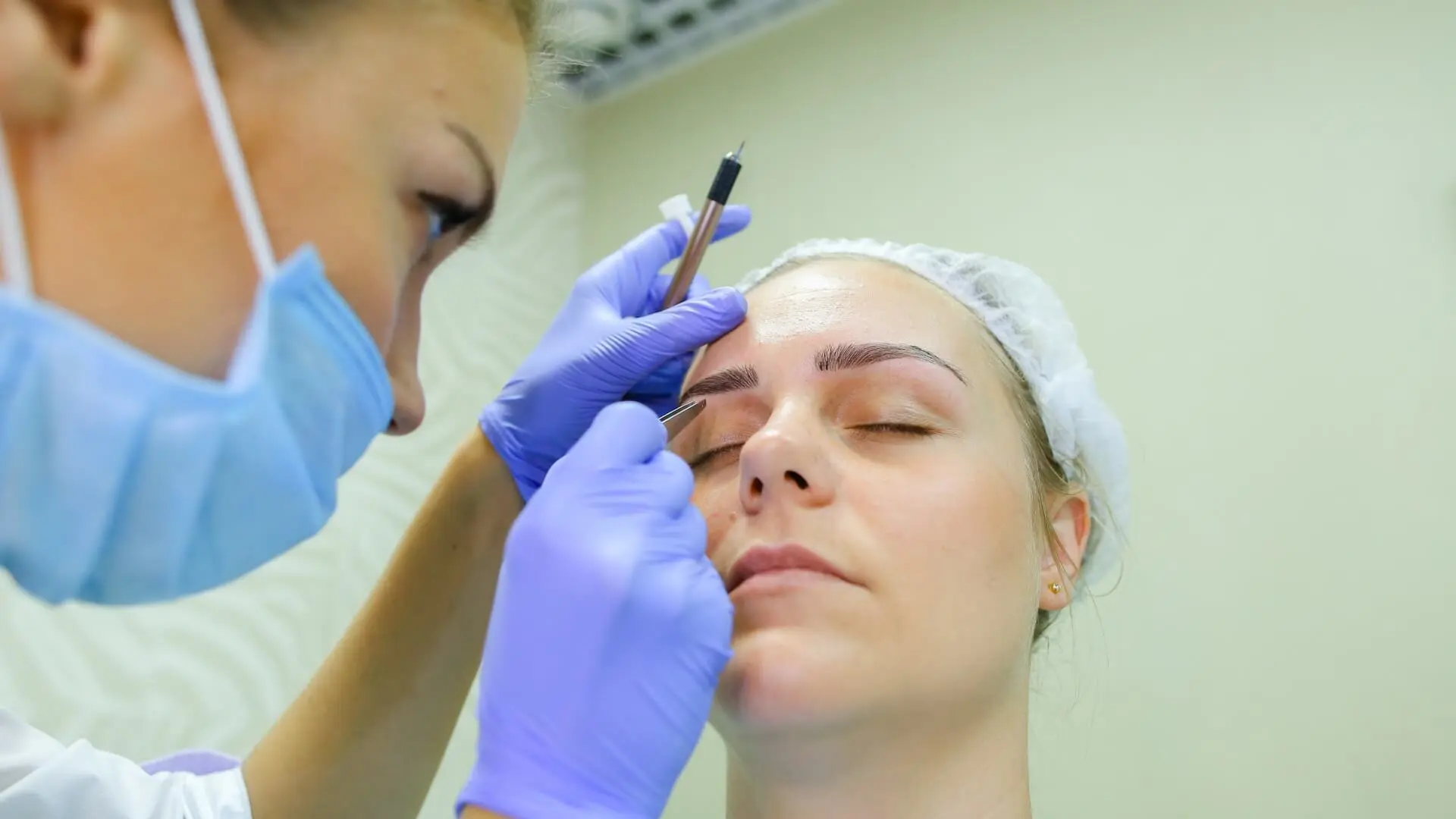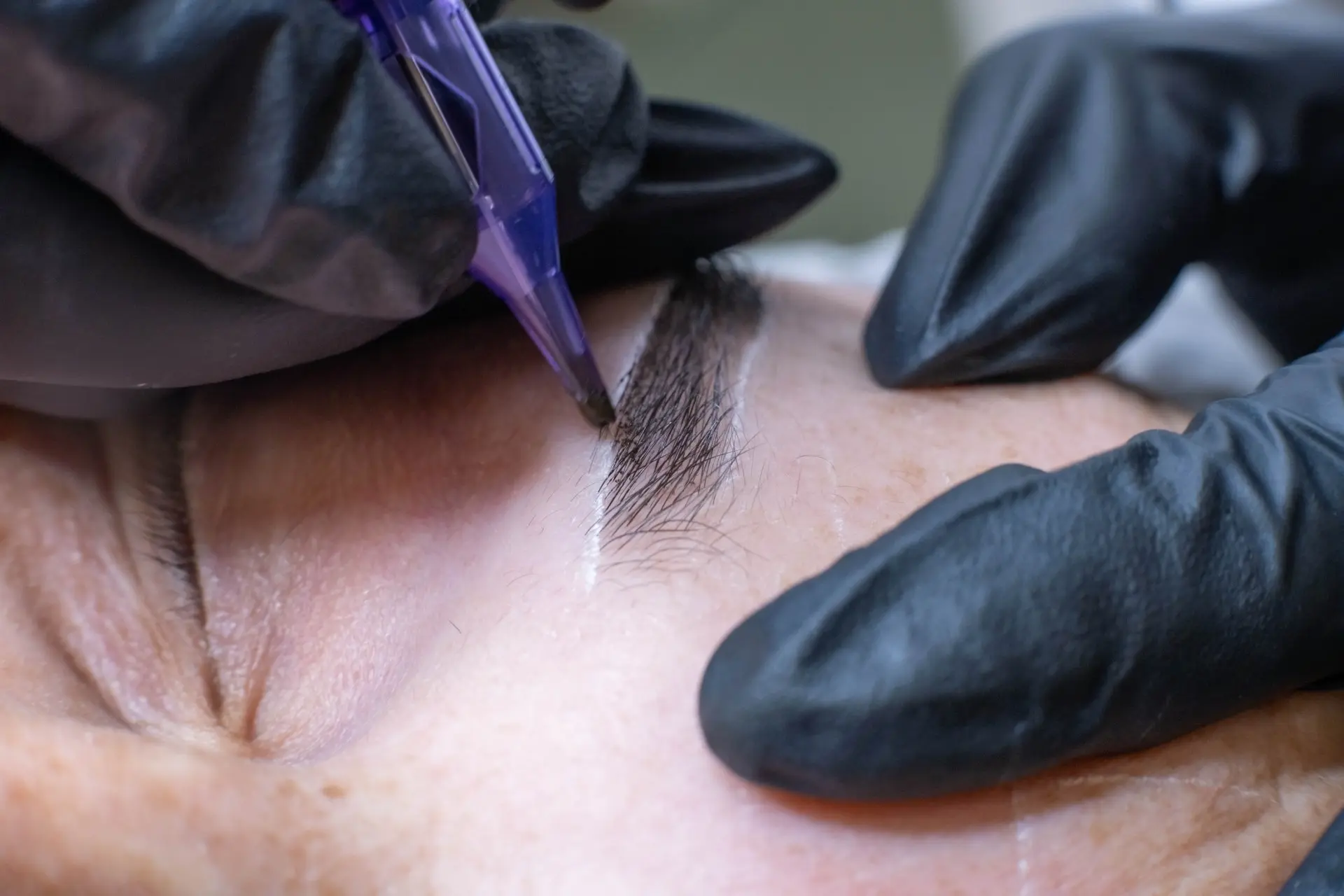If you’re considering butt implants, it’s natural to have questions about how long they will last and how to maintain them over time. After all, investing in body enhancement is a big decision.
In this post, we’ll dive into the longevity of butt implants, factors that can impact their lifespan, and how to keep them looking great for years to come.
✨ Are Gluteal Implants (Buttock Implants) Permanent?
When it comes to butt implants, many wonder if they’re permanent. The short answer is that they’re designed to last a long time, but not forever. Butt implants are typically made from silicone or other biocompatible materials that are durable and safe. However, just like anything else, they may need attention down the line.
While the implants themselves do not “expire,” factors like changes in body weight, lifestyle, and natural aging can affect their appearance. So, while you won’t need to replace your implants immediately, they may require attention as you go through life’s changes.
💉 Factors That Affect the Longevity of Butt Implants
Several factors influence how long your butt implants will last. These include:
- Material Quality: High-quality silicone implants are made to endure, but cheaper options may not last as long.
- Surgical Technique: The skill and expertise of the surgeon play a big role in implant placement and longevity. Dr. Cengizhan’s advanced techniques ensure a precise fit, which helps increase implant lifespan.
- Lifestyle Choices: Physical activity, weight fluctuations, and diet can all impact the durability of your implants. Maintaining a stable weight and being mindful of your health can help extend the life of your implants.
For a personalized assessment, consider getting a free consultation from Dr. Cengizhan to discuss your specific goals.
👀 Common Reasons for Butt Implant Replacement
While butt implants are built to last, some situations might call for a replacement. These can include:
- Implant Damage: Though rare, implants can rupture or leak over time, requiring replacement.
- Changes in Body Shape: If there are significant changes in your body weight or muscle tone, your implants may need to be adjusted to maintain their natural look.
- Complications: Like with any surgery, complications can arise that necessitate a revision.
If you’re comparing butt implants with other procedures, consider checking out the BBL vs. Butt Implants in Turkey to see the differences between these two popular options.
💡 Maintenance Tips for Long-Lasting Implants
Taking good care of your implants is key to maintaining their shape and longevity. Here are some tips to help you get the most out of your butt implants:
- Regular Checkups: Routine visits to your surgeon will help monitor the health of your implants and catch any potential issues early.
- Avoid Overexerting Yourself: Intense exercise that places too much pressure on the glutes can affect the implants. Gentle toning exercises are usually a safer option.
- Stay Consistent with Your Weight: Major fluctuations in weight can affect the shape of your implants and how well they’re held in place.
If you’re also considering a Brazilian Butt Lift (BBL), the recovery and maintenance might be a bit different, so understanding the distinctions between the two procedures is essential.
⚖️ Can Weight Fluctuations Impact Butt Implants?
Yes, weight changes can impact butt implants. Significant weight loss or gain may cause the surrounding tissue to change, which can alter the appearance of the implants. If you’re planning to undergo surgery, it’s best to stabilize your weight beforehand to ensure the best possible result.
However, unlike fat-based procedures like the Brazilian Butt Lift, butt implants are less prone to changes in shape due to weight loss.
🤔 What to Know About Future Revisions
Over time, you may require a revision to maintain your ideal look. Revisions might involve swapping out old implants for new ones or adjusting their positioning. The need for future revisions can depend on factors like aging, weight changes, or personal preference. It’s important to consult with your surgeon to monitor the status of your implants and plan any future revisions.
For more insights, you can check out the Brazilian Butt Lift Results in Turkey to explore how different procedures impact long-term aesthetics.
❓ FAQ
- Are butt implants risky?
Butt implants, like any surgery, carry risks such as infection, scarring, or complications. Choosing a skilled surgeon like Dr. Cengizhan can minimize these risks.
- How often do butt implants need to be replaced?
Generally, butt implants are long-lasting and may only need replacement after 10-15 years, depending on factors like material and lifestyle.
- What factors can reduce the lifespan of butt implants?
Weight fluctuations, high-impact activities, or implant damage can shorten the lifespan of your implants.
- Can weight gain or loss affect butt implants?
Yes, major weight changes can affect how the implants look and feel, especially in the surrounding tissue.
- How old do I have to be to get butt implants?
Candidates are typically adults who have completed their physical development, usually 18 and older.
- What signs indicate the need for implant replacement?
Signs include implant rupture, noticeable asymmetry, or discomfort. Regular checkups will help detect these issues.
- How can I extend the life of my butt implants?
Maintaining a stable weight, avoiding heavy physical strain, and attending regular checkups can help extend the life of your implants.
In summary, while butt implants aren’t permanent in the strictest sense, they are designed to last for many years with proper care. If you’re considering this procedure, make sure to consult with an experienced professional like Dr. Cengizhan, who can guide you in maintaining optimal results.
For more details on the procedures and outcomes, take a look at resources on butt implants options.




